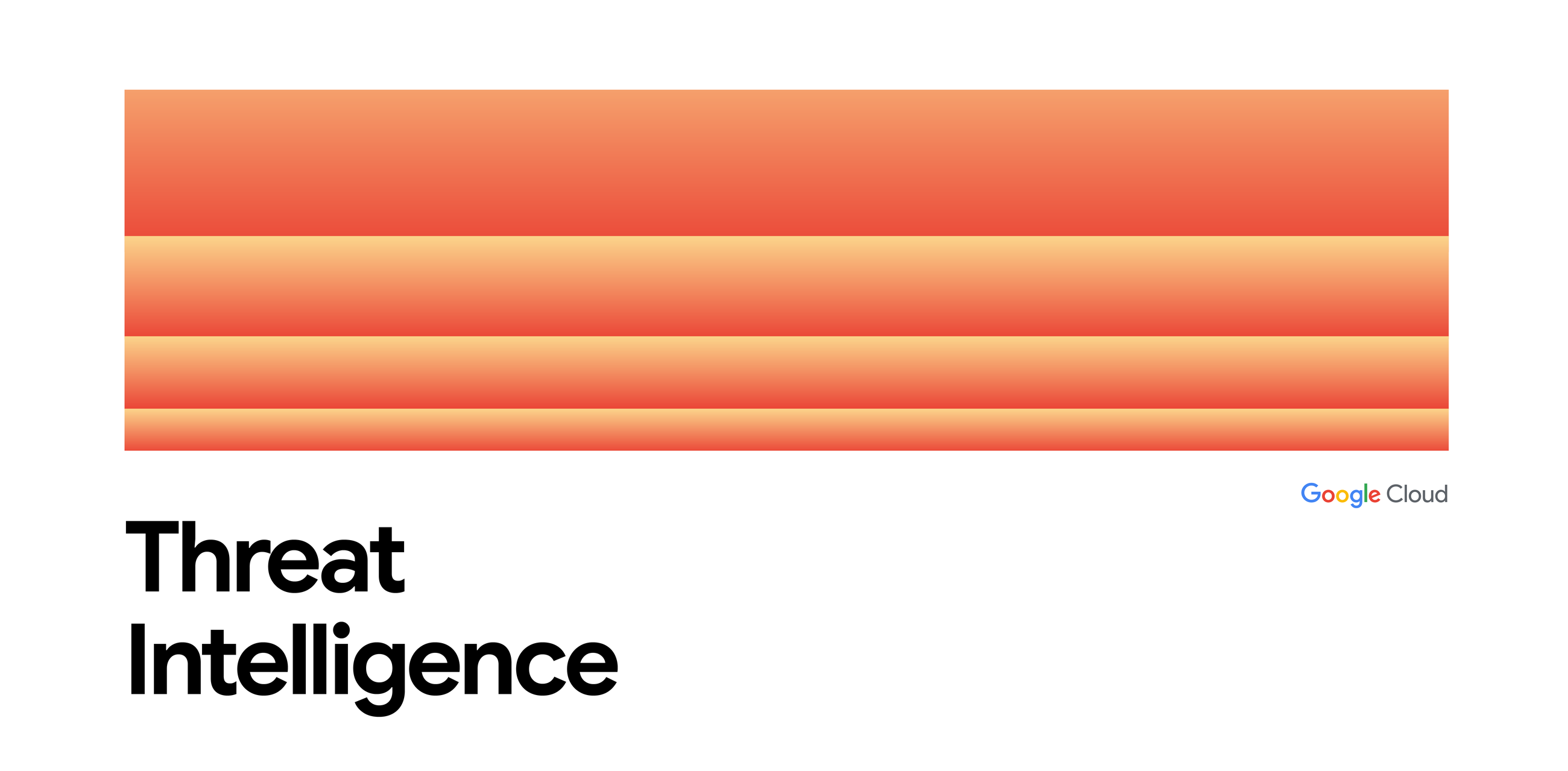
AI Agents are now a reality, moving beyond chatbots to understand intent, collaborate, and execute complex workflows. This leads to increased efficiency, lower costs, and improved customer and employee experiences. This is a key opportunity for System Integrator (SI) Partners to deliver Google Cloud’s advanced AI to more customers. This post details how to build, scale, and manage enterprise-grade agentic systems using Google Cloud AI products to enable SI Partners to offer these transformative solutions to enterprise clients.
Enterprise challenges
The limitations of traditional, rule-based automation are becoming increasingly apparent in the face of today’s complex business challenges. Its inherent rigidity often leads to protracted approval processes, outdated risk models, and a critical lack of agility, thereby impeding the ability to seize new opportunities and respond effectively to operational demands.
Modern enterprises are further compounded by fragmented IT landscapes, characterized by legacy systems and siloed data, which collectively hinder seamless integration and scalable growth. Furthermore, static systems are ill-equipped to adapt instantaneously to market volatility or unforeseen “black swan” events. They also fall short in delivering the personalization and operational optimization required to manage escalating complexity—such as in cybersecurity and resource allocation—at scale. In this dynamic environment, AI agents offer the necessary paradigm shift to overcome these persistent limitations.
How SI Partners are solving business challenges with AI agents
Let’s discuss how SIs are working with Google Cloud to solve some of the discussed business challenges;
Deloitte: A major retail client sought to enhance inventory accuracy and streamline reconciliation across its diverse store locations. The client needed various users—Merchants, Supply Chain, Marketing, and Inventory Controls—to interact with inventory data through natural language prompts. This interaction would enable them to check inventory levels, detect anomalies, research reconciliation data, and execute automated actions.
Deloitte leveraged Google Cloud AI Agents and Gemini Enterprise to create a solution that generates insights, identifies discrepancies, and offers actionable recommendations based on inventory data. This solution utilizes Agentic AI to integrate disparate data sources and deliver real-time recommendations, ultimately aiming to foster trust and confidence in the underlying inventory data.
Quantiphi: To improve customer experience and optimize sales operations, a furniture manufacturer partnered with Quantiphi to deploy Generative AI. to create a dynamic intelligent assistant on Google Cloud. The multi-agent system automates the process of quotation response creation thereby accelerating and speeding the process. At its core is an orchestrator, built with Agent Development Kit (ADK) and an Agent to Agent (A2A) framework that seamlessly coordinates between agents to summarize the right response – whether you’re researching market trends, asking about product details, or analyzing sales data. Leveraging the cutting-edge capabilities of Google Cloud’s Gemini models and BigQuery, the assistant delivers unparalleled insights, transforming how one can access data and make decisions.
These examples represent just a fraction of the numerous use cases spanning diverse industry verticals, including healthcare, manufacturing, and financial services, that are being deployed in the field by SIs working in close collaboration with Google Cloud.
Architecture and design patterns used by SIs
The strong partnership between Google Cloud and SIs is instrumental in delivering true business value to customers. Let’s examine the scalable architecture patterns employed by Google Cloud SIs in the field to tackle Agentic AI challenges.
To comprehend Agentic AI architectures, it’s crucial to first understand what an AI agent is. An AI agent is a software entity endowed with the capacity to plan, reason, and execute complex actions for users with minimal human intervention. AI agents leverage advanced AI models for reasoning and informed decision-making, while utilizing tools to fetch data from external sources for real-time and grounded information. Agents typically operate within a compute runtime. The visual diagram illustrates the basic components of an agent;
Source Credit: https://cloud.google.com/blog/topics/partners/building-scalable-ai-agents-design-patterns-with-agent-engine-on-google-cloud/


![The Global Service Mesh [1/4]: Cloud Service Mesh & Cloud Run The Global Service Mesh [1/4]: Cloud Service Mesh & Cloud Run](https://cdn-images-1.medium.com/max/1024/1*iAewBZzSmujnCVIxaXoJ-w.png)


